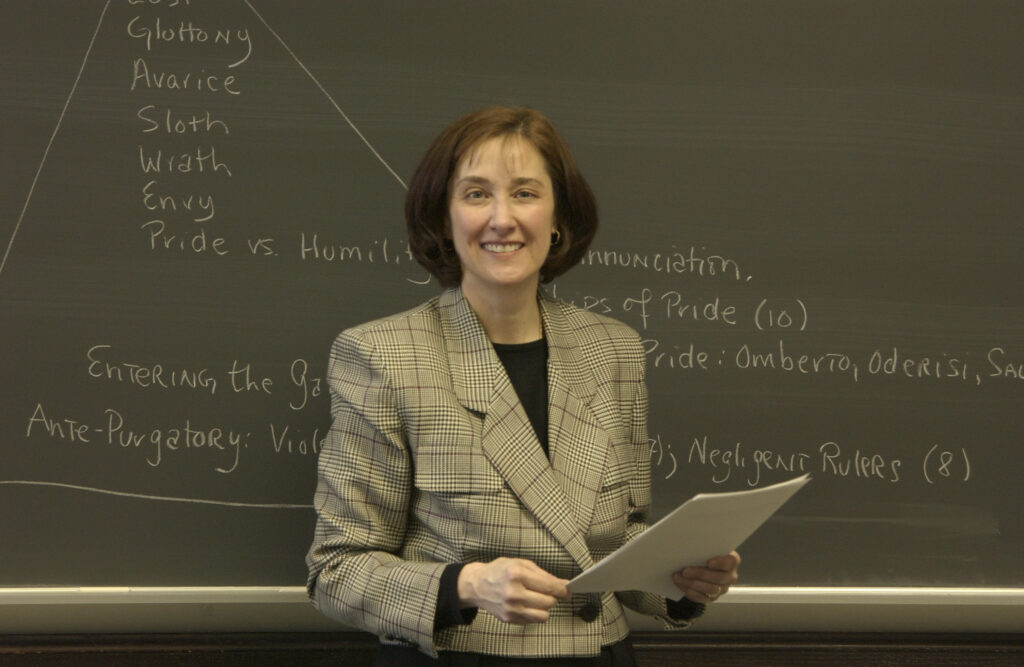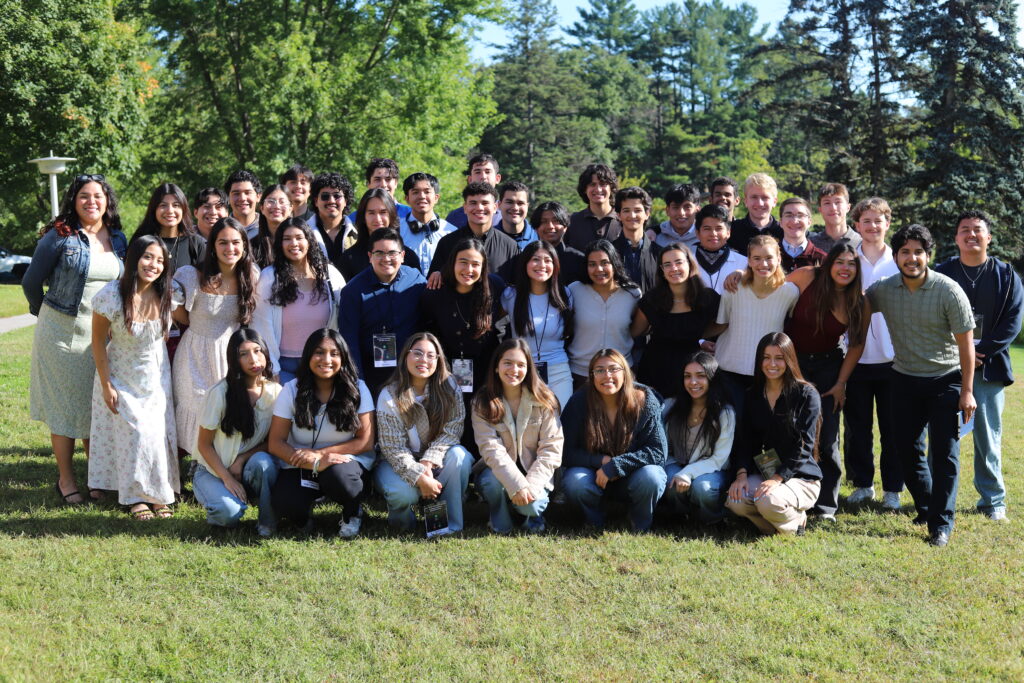Every spring and fall issue of Logos features a Reconsiderations section in which we reprint an article or a selection from a work in the Catholic intellectual tradition that we think has high merit but has perhaps been somewhat overlooked. The reprinted work is introduced by a scholar who discusses its significance and sets it in context.
John Zucchi, a professor of history and director of the Catholic Studies Program at McGill University in Montreal, introduces the Reconsiderations feature in this fall’s issue with his article, “Luigi Giussani, the Church, and Youth in the 1950s: A Judgment Born of an Experience.” Zucchi recounts the story of the Italian priest and founder of the Communion and Liberation movement and shows us the importance of Guissani’s evangelism, especially among Italian young people beginning in Milan in the 1950s. John Zucchi’s translation of a work written in 1960 by Luigi Giussani titled “Open Christianity” follows this introduction. We offer readers of Perspectives a selection from both articles.
Luigi Giussani, the Church, and Youth in the 1950s: A Judgment Born of an ExperienceGiussani’s method was a far cry from other Catholic student groups in 1950s Milan or elsewhere and not necessarily because of the quality of instruction or the kinds of activities. Rather Giussani insisted that teenagers judge the quality of their lived experience, that they be serious about their experience and their lives, because if not, they might encounter the Christian fact and not even recognize it. One could not see the answer that is Christ if one did not perceive a question in oneself. Paradoxically, Giussani’s proposal was simple yet it demanded everything of an individual. And he knew that his insistence on judging a lived experience and giving the reasons for one’s faith would be perceived as a complicated approach. Yet Giussani steadfastly held to his method, asserting that the simplistic way of many others who called their own approach simple could only lead to a vision of Christ as “a sentimental object, and of God as something to be feared and not as a friend.”
This method, which became clear in Giussani in the 1950s if not earlier is still a provocation for us today within the Church - and without. As we look about us at so many Catholic groups and associations one is often moved with pity for the waste of energy on useless discussion, hesitation, circumlocution, and tergiversation. The young need a clear proposal, and in order to proceed in their lives with simplicity they need to make a decision regarding that proposal. They need a master, a teacher, a guide who can help them compare the Christian proposal with what they live. They need to understand that mere activism will not last, but that the work of verification, of testing the proposal, can only be sustained by community, or as Giussani came to understand, communionality. As Giussani shows us in the following reprint, the young need to have their hearts thrown wide open to the world, and this cannot be achieved by introspection but by an introduction to the dimensions of the Church. Giussani would often reflect that one’s initial encounter with Christianity coincides with the sense of mission. He saw this sense lacking in the youth groups of the 1950s, and we might say the same for many groups nowadays, which makes us sadly reflect that perhaps the encounter never occurred in the first place or even more tragically, was never recognized or acknowledged. Giussani’s “Open Christianity” is still pertinent to us today. It offers less a dry analysis than a humble self-criticism and the possibility of a new path, which, in any case, is the ancient path of the Church.
Open ChristianityTo abandon oneself to Christ means to experience his dimensions, the first of which is Christ as the reality that explains everything.
What a struggle it is, what an effort to communicate this new concept of culture to the members of Catholic Action and even to their chaplains! They have retorted that faith has nothing to do with culture, that faith is up above, whereas culture is a mass of outcomes and human knowledge, that culture, basically, is an agglomeration of information that man tries to put in order.
For us instead, the redemption has come all the way here, all the way to resolving the problem of culture. The redemption eases and renders accessible what has been a huge problem for every single individual, a practically impossible effort after sin. Here lies the difference between Christianity and other religions. Unrevealed religions, and thus their respective cultures and civilizations, are a human effort; Christianity, on the other hand, and thus its culture and civilization, is a path traced by God, it is gift, grace. Of course, God has given us the grace also to reveal to us, to communicate to us the experience of that reality that explains all, and that reality is a living reality, a Person.
Herein lies our greatest toil. But when a young person grasps or even simply listens attentively to this concept, his position before the Christian experience changes. Suddenly, upon hearing this principle repeated, unless he is an introvert, even be he Jewish or Protestant, a young person will pass from skepticism and indifference to interest and esteem. He will truly begin to give the thing serious consideration.
We are deeply consoled and greatly enlivened when we know that young people take into consideration with their intelligence the Christian experience and what we affirm. On the foundation of this intelligent evaluation, the irrational or nonrational aspects of sentiments and willpower will take on their proper value and will cease to be a danger or a deception.






